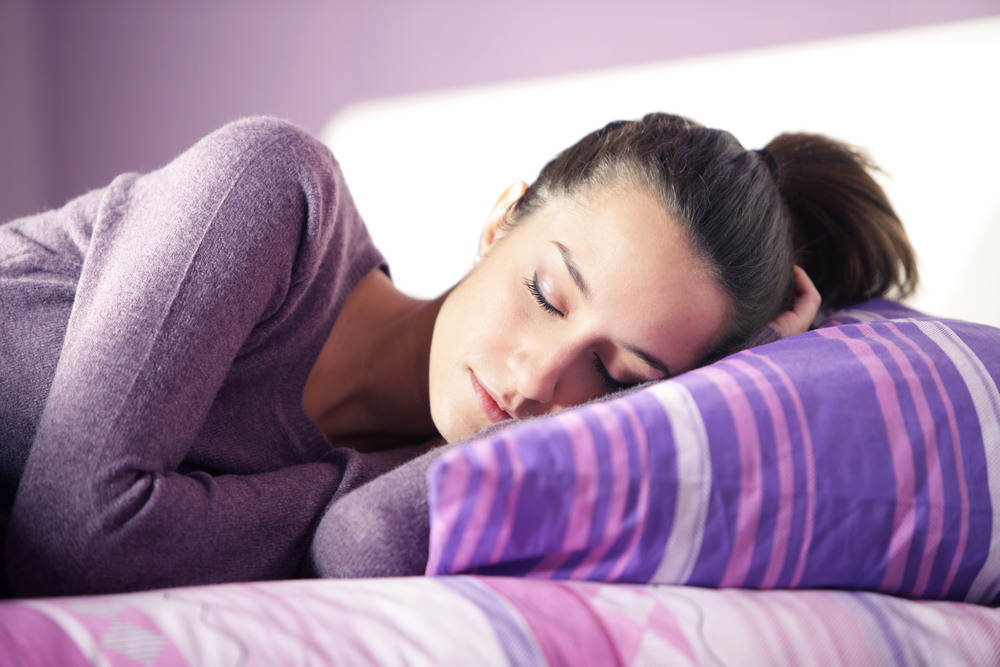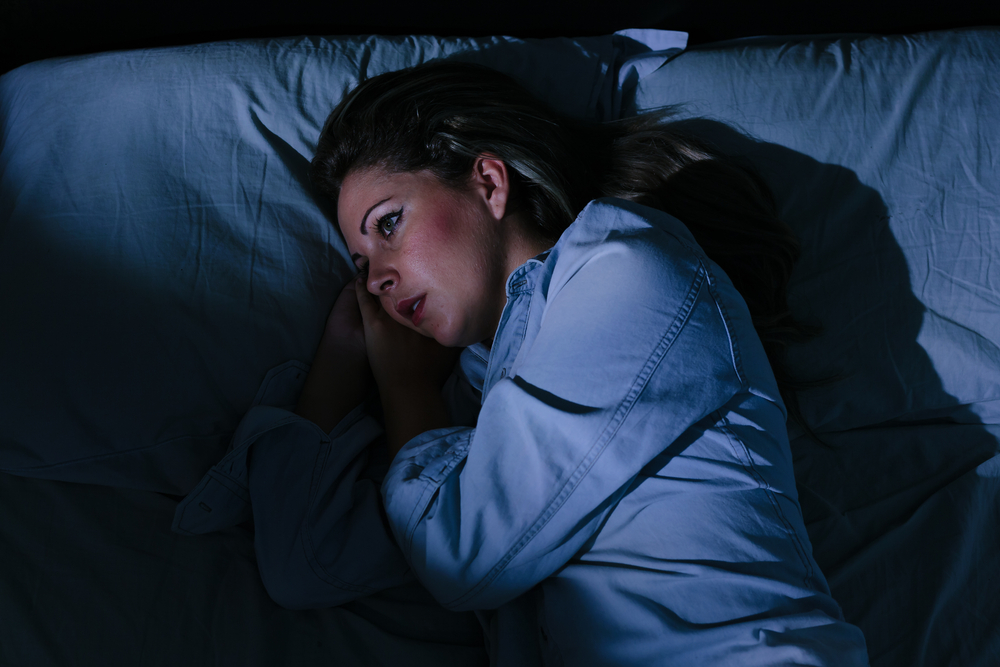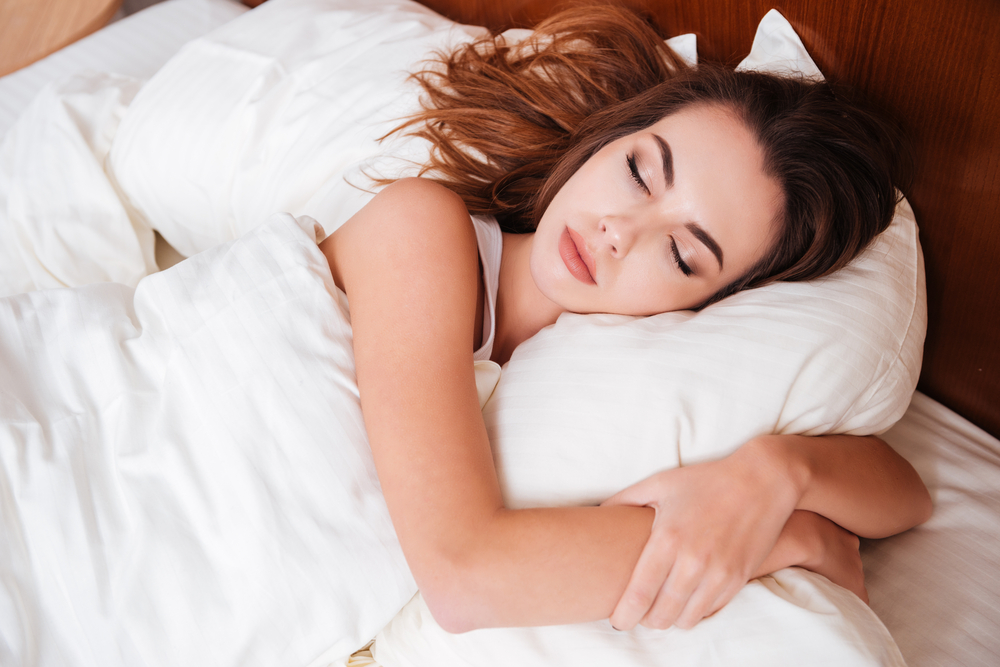
The proverb does not lie: indeed, many events are perceived differently. Trouble stop being so terrible, and decisions are made easier. And even children after quiet hours become less irritable and more manageable. What happens to our emotions in the dream? Let’s see.
Sleep helps to understand the feelings
When we sleep, the brain marks the emotional memories as important and working with them longer than usual. So to remember the wedding day or the birth of a child, we don’t need to worry: the more emotion was aroused by the event, the easier it is retrieved from memory.
And after sleeping we better manage emotions. Scientists conducted an experiment: we gathered a group of children and showed them a few pictures, including unpleasant. Researchers by means of electrodes was watching a kids brain.
After that some babies sleep and others don’t. Then the children were again shown pictures: it was found that those who slept, not so emotionally reactive to unpleasant pictures.
Feelings are often reflected in dreams

Therefore, most scientists believe that nighttime dreams help us to process emotions. “What we see and experience in our dreams does not have to be real, but the emotions associated with these experiences, of course the real” — says sander van der Linden, lecturer at the London school of Economics and political science.
Studies show that emotional memories remain in the deeper memory, if we experienced them again in my sleep. However, this does not mean that dreams can somehow be interpreted: it’s just a way of processing information that we already know.
Sleep sleep strife
The longer the REM phase of sleep, the better a person understands their own feelings, the easier it is to manage them. Scientists suggest, it’s all about norepinephrine – stress hormone. During this phase it is not produced, therefore the brain can easily process emotional memories.

However, the slow-wave sleep: during her neutral memories are processed. This phase mainly consists of Napping: why children without a quiet hour more excitable and sensitive. Sleep, they calm down and react to emotional situations the same as neutral.
Scientists believe that short sleep to a lesser extent, but still helps adults too. You can use this: the next time something is unpleasant, just lie down and take a NAP. When you Wake up, this event will no longer cause you such a reaction.
What happens to the body when we deprive ourselves of sleep? Telling the article “lack of Sleep: 7 terrible side effects”.
